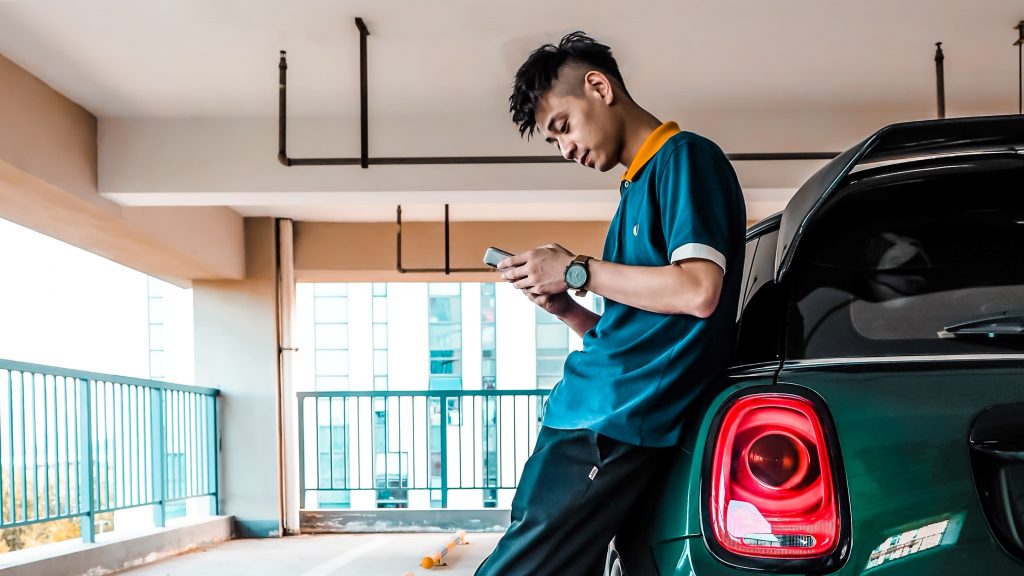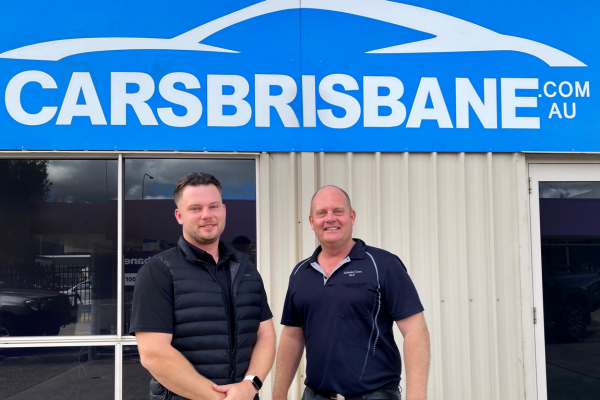A private car sale can often feel a little intimidating, especially if it’s your first time. While it can be a simple and mostly stress-free process, and usually net you a better price than a part-exchange, there are risks involved when selling privately. With no legal obligations and less paperwork and proof of transaction, it can feel daunting to hand over the keys and sign the documents at times.
As experts in buying vehicles, we’ve learned a thing or two over the years that help put both buyer and seller at ease, and we’re happy to impart some wisdom to help you decide what the best way to accept payment when selling your used car is.
There are several ways to request and accept payment, however, each method can potentially open the door to unsanctioned behaviour. Making a large monetary exchange is not a matter to be taken lightly, and of all the ways to sell your car, a private deal is by far the riskiest. It’s important you know the ins and outs of each payment method so if you do opt for a private sale, the deal can close smoothly.
When it comes to what payment to accept when selling a car privately, you need to decide which will work best for you, and also suit the buyer – don’t forget there are risks at both ends here. Ultimately, with the final product being in your (the seller’s) hands, it’s up to you to make the final call.
Payments methods covered in this article:
No mater what payment method you ultimately decide upon, make sure to get all the details in writing beforehand and signed by all parties:
Writing a receipt when buying/selling a car privately:
Once everyone is happy with the price and terms, get them in writing. It doesn’t need to be an overly comprehensive document, but a written agreement will help both parties feel safer. While we’re not in a position to discuss the legalities of private car sales, we advise you to put into writing and both sign 2 copies of a written document (1 each) including, but not limited to:
- The make, model and registration of the vehicle
- The agreed-upon final price of the vehicle
- The deposit amount
- Date of deposit (add the date of sale to this once the cash is handed over)
- Phone numbers and addresses of both buyer and seller
- Signatures of all involved
- Any other notable details of the vehicle/sale terms you have agreed on
1. Cash
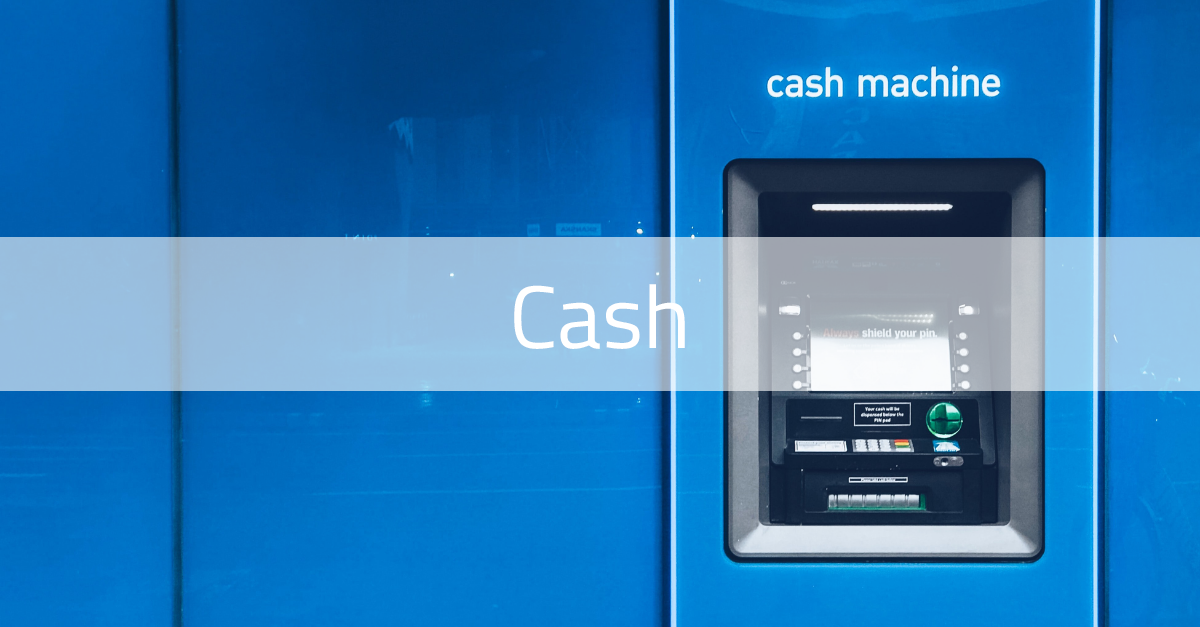
Is it safe to accept cash when selling a car?
Cold, hard cash is a common payment for vehicles and has been for a long time. There is a minimal margin for error, with you being able to literally hold it in your hands as you pass on the keys, but it doesn’t come without its risks. selling a car for cash comes with risks.
On the plus side of cash, there is a physical exchange that happens at the time of sale – both parties get what they want there and then – either a car or a handful of cash – which will usually leave both feeling confident and happy in the transaction. There is no waiting around and no wondering if the buyer is good for the cash (usually). You, as the seller, also get to keep hold of the keys until you have the money in your hand, which is a huge plus, knowing the ‘buyer’ won’t be running away without paying you.
While there may be a slight niggle in the back of your mind on counterfeit cash, with anti-counterfeiting technology is better than ever, meaning fake notes are very difficult to make and usually fairly easy to spot. This is quite low on our list of concerns for a cash transaction.
Is it safe to buy a car with cash?
As a buyer, there may be concerns with carrying large amounts of cash to a meeting with a stranger for a vehicle you haven’t yet seen. There is a simple solution to this is: see the car before you get the cash. It might turn out that the car wasn’t what you hoped it to be and you decide you don’t want to buy it, if you had a pile of cash on you in anticipation of purchasing, you’d now be stuck with it, which can leave you feeling somewhat vulnerable.
We advise you take some cash to the initial viewing of the vehicle – enough to leave a deposit if you decide you like the car and get a good feel for the deal. You can then head to the bank to make a withdrawal for the full amount agreed upon by both parties (top tip: do any haggling before you have the cash in your hand).
When it comes to accepting payment for a private sale of a car, cash tends to come in top of the preferred methods (based on our experience). Here’s a breakdown of the pros and cons of selling a used car for cash:
Pros of buying/selling a car with cash:
- Money is handed over at the same time as the keys – both parties receive their end of the deal immediately
- Cash is in front of the seller before the paperwork is signed – you know the buyer is ‘good for it’
- Is a commonly accepted method of payment for private car sales; often expected
- No concern of money not clearing in account etc. related to digital transactions/cheques
Cons of buying/selling a car with cash:
- Can sometimes be difficult to withdraw large amounts of money from the bank or ATMs
- Anxieties of carrying large amounts of cash
- Buyer can feel vulnerable carrying large amounts of cash (meet before withdrawing cash)
- Receipt of sale is usually a hand-written agreement
2. Direct Deposit
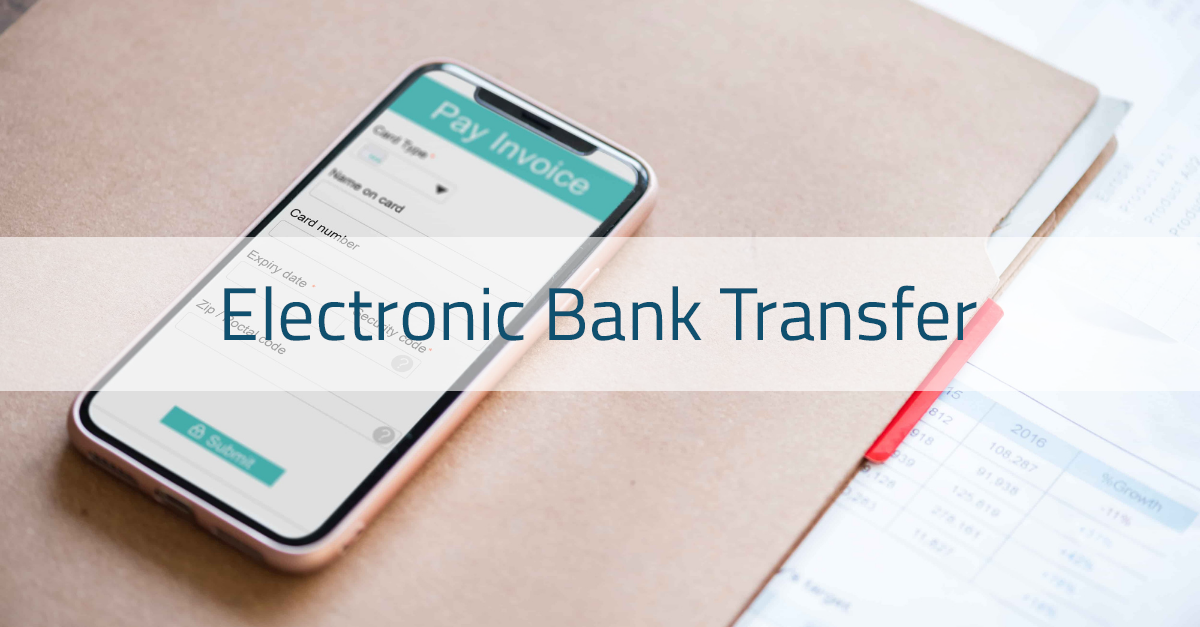
With the upsurge of online banking, direct depositing has become a fast, efficient and free way to transfer money between bank accounts. It involves the buyer authorising their bank to withdraw an agreed amount from their account to transfer to the seller’s account. In more recent years, with secure connections and technological advancements, online money transfers can be done very quickly from a mobile phone, with the cash being deposited in the seller’s account straight away in most cases.
The main drawback to online banking and transactions is that many banks have limits in place to help reduce fraud/theft. These limits may be monetary – i.e. a maximum transfer amount – or the money may be held periodically for transfers to an ‘unknown’ bank account – i.e. a first-time transaction may take a day or so to be processed.
This isn’t always the case, and often direct deposit bank transfers can be a great way of paying for a used vehicle in a private sale. One of the main benefits is an electronic record of the transaction to which you can add a note/reference to make it even clearer.
As noted above, with the latest mobile banking apps, you can see the money leave your account and land in the seller’s account almost immediately, which can really help put the seller’s mind at ease.
We recommend only using official banking apps if you decide to use this method and make sure they’re up to date for added security and peace of mind. Choosing a direct bank transfer also alleviates the need to carry large amounts of cash, which can be a worry in itself.
While accepting a bank transfer when selling your car is generally a safe option, we advise you to never allow the sale to happen anywhere but in person. Do not allow someone to make a transfer from another location, especially not from overseas, and as always, never sign the paperwork or hand over the keys without being certain the money has been transferred correctly and landed in your account.
It is the buyer’s responsibility to check with their bank that making a transaction for a large amount will be possible online, and to know any limits or waiting time involved. If in any doubt, process the transaction at the buyer’s bank branch, with a teller present to confirm the transaction and provide any details or limitations that all parties should be aware of.
Pros of buying/selling a car using an online bank transfer:
- Usually very quick and easy to do with mobile banking apps
- Often an almost-instant payment, with money visible in the seller’s account straight away
- The transaction can be performed at a bank/financial institution, and the teller can validate the transaction, giving the seller peace of mind
- The transaction will be digitally and securely documented, and easy to obtain paperwork for both parties’ records
- Removes the need to carry large amounts of cash
Cons of buying/selling a car using an online bank transfer:
- There may be dollar value limits in place that may restrict transactions above a certain threshold
- On occasion, transactions may take time to clear in the seller’s account, which can add anxieties around handing over the keys
- Some sellers have qualms with handing out their bank details to strangers
3. Bank Cheque
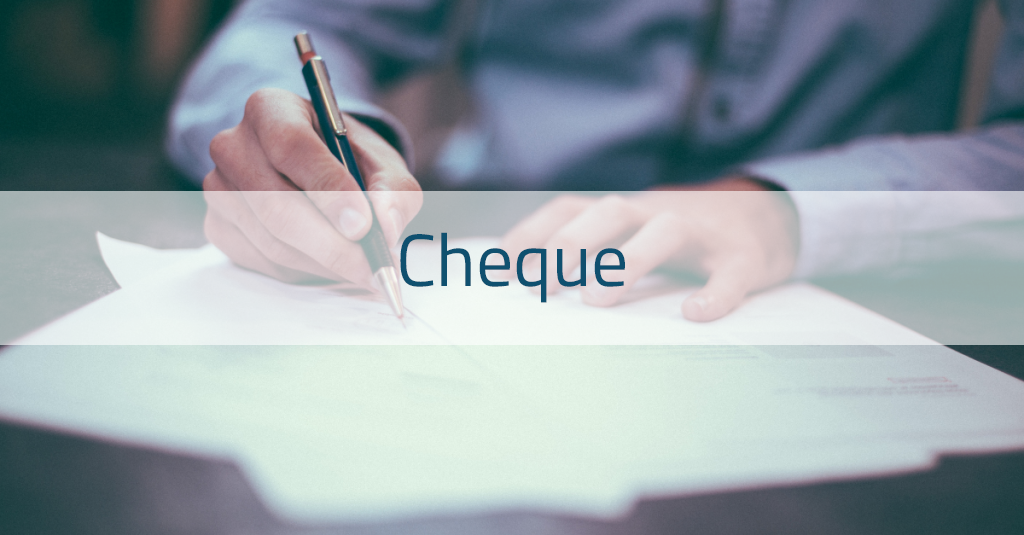
A bank cheque is a document that orders the buyer’s bank to withdraw a specified dollar amount from their account. This amount then becomes available to the person whom the cheque is addressed to. Funds are generally cleared and made available to the receiver a couple of days after banking the cheque, which makes them an uncommon choice for selling a car in 2020, and one we can’t recommend. For the sake of covering all bases and providing some guidance around paying for a car with a bank cheque, we have included it in this list.
While bank cheques are generally a legitimate form of payment, and while we have faith in humanity to deliver on what a cheque promises, there is quite a large ‘margin for error’.
Firstly, simply writing a cheque for the amount payable is in no way a guarantee of payment. While it ‘promises’ payment for the amount written, cheques can be cancelled before they’re cashed. Cheques can also bounce – i.e. there wasn’t enough money in the account from which the cheque was associated with to cover the payment – but you won’t find this out until it’s too late in most cases. The nature of a cheque adds a time delay to receiving money as it needs to be processed by a bank. While the process can be largely automated these days, it’s still not instant in most cases. Generally speaking, if the cheque bounces, there’s nothing you can do about it.
On the plus side, accepting a cheque as payment when selling a car removes the need to carry large amounts of cash, and may cater to those who are not comfortable with the idea of online banking. It is possible to make a cheque payment a bit more fool-proof though, by doing the entire transaction at a bank. Firstly, the buyer can have the cheque made out by a teller, which is in itself at least some guarantee that the buyer has the funds for the transaction. You may also be able to come to an agreement that the paperwork will not be completed and keys not handed over until the payment has cleared. This of course leaves a legitimate buyer in a vulnerable position of having handed over the cash and no received the goods they are paying for.
With so many uncertainties associated with cheques, again, we cannot endorse this as a solid form of payment, however we felt the need to include in this list, perhaps as more of a warning than anything else. If you are adamant of using a cheque, we recommend looking into the option of cashier cheques and conducting the transaction at a bank for added peace of mind.
Pros of buying/selling a car using a cheque:
- A cheque issued by a bank is a somewhat legitimate form of currency, with minimal risk of bouncing
- Removes the need to carry large amounts of cash
- Can come with a record of the transaction -i.e. at the time of cashing the cheque
Cons of buying/selling a car using a cheque:
- Poses a risk to forged signatures
- A risk of the cheque bouncing exists
- A written cheque is not a guarantee of payment
- May not be immediate clearance into a bank account
4. PayPal / Third Party Payment Processors
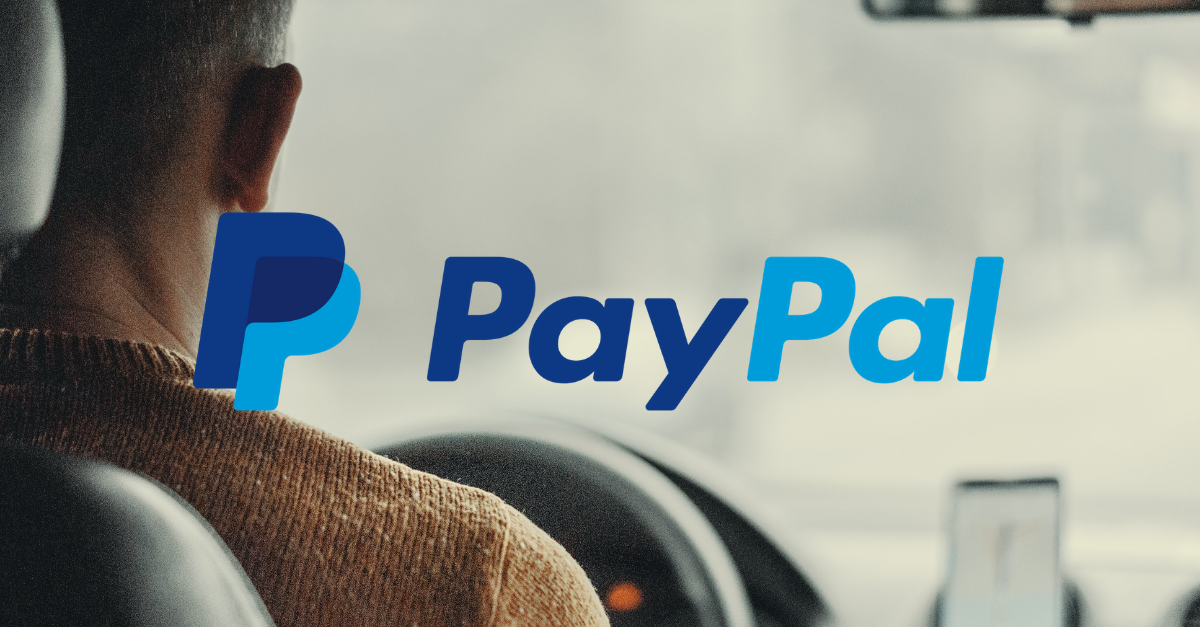
Accepting PayPal when selling a car is a bit of debate and one that comes with much controversy. PayPal itself is a trusted and secure payment processor that has been around for years. It is widely accepted across the internet and makes payments very easy. You also don’t need to have an account to make a payment (in most cases).
Is selling a car through PayPal safe?
In short, it is quite safe to accept payment for a used car via PayPal. It works similarly to how a direct bank transfer would work, although there are occasionally escrow periods where cash needs to be confirmed and cleared. Since PayPal’s policies are often changing, and differ depending on various scenarios, it’s difficult for us to offer any specific advice here.
PayPal is owned by eBay, a popular place to buy and sell literally everything, with the main payment method used being PayPal thanks to its buyer and seller protections. While PayPal offers various forms of protection for transactions through their services, motor vehicles are not covered under these policies (we urge you to do your own research on this, and other such matters, and not take our word for it). This is good news for the seller, in that they can feel secure that the buyer can’t process a chargeback once the vehicle has been handed over, but may not be in the buyer’s best interest if they were hoping for some form of extra protection.
Again, we strongly urge you to do your own research on the official PayPal website and contact the PayPal support team directly if you have any doubts or concerns. Of course, this can add more wait time to a potential transaction, which may be a deal-breaker for one of the parties involved.
Pros of buying/selling a car using a PayPal (or similar):
- Easy to set up and use
- Compatible with multiple payment methods – i.e. credit card, bank account
- Can be time-saving, requiring only an account and password if either party doesn’t wish to share their bank details
Cons of buying/selling a car using a PayPal (or similar):
- There may be transfer fees for the buyer depending on the transfer amounts or account type – review PayPal’s fee structure for more information
- Car sales are not covered under PayPal buyer or seller protection policy
- May take several days for payments to clear between buyer and seller’s accounts
Sell Your Car Risk-Free for Cash Today!
At the end of the day, the best form of payment when selling a car is entirely up to the level of risk and convenience you are willing to take on. These are simply our recommendations from which you can decide on what works best for you.
Without an established level of trust between the seller and the buyer, it can be difficult to decide on a method of payment that’s secure for both parties. If you’d like to abolish the risky business, why not talk to the team at Cars Brisbane about selling your car.
Get started on the three-step process and contact us for a free quote. We pay for your car on the spot, so there’s no stress surrounding how you will request payment. Save yourself the hassle and let us buy your car today!

